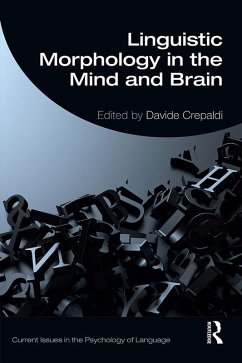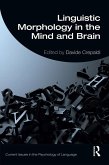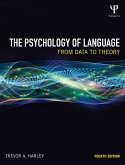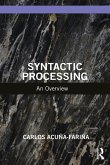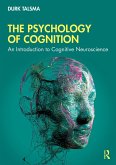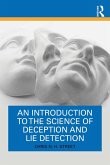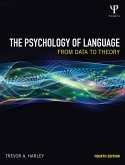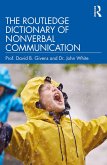This book brings together world-leading experts from linguisics, experimental psychology and cognitive neuroscience to examine morphology research from different disciplines. It provides an overview of how the brain deals with complex words; examining how they are easier to read, how they affect our brain dynamics and eye movements, how they mould the acquisition of language and literacy, and how they inform computational models of the linguistic brain. Chapters discuss topics ranging from subconscious visual identification to the high-level processing of sentences, how children make their first steps with complex words through to how proficient adults make lexical identification in less than 40 milliseconds.
As a state-of-the-art resource in morphology research, this book will be highly relevant reading for students and researchers of linguistics, psychology and cognitive neuroscience. It will also act as a one-stop shop for experts in the field.
Dieser Download kann aus rechtlichen Gründen nur mit Rechnungsadresse in A, B, BG, CY, CZ, D, DK, EW, E, FIN, F, GR, HR, H, IRL, I, LT, L, LR, M, NL, PL, P, R, S, SLO, SK ausgeliefert werden.

